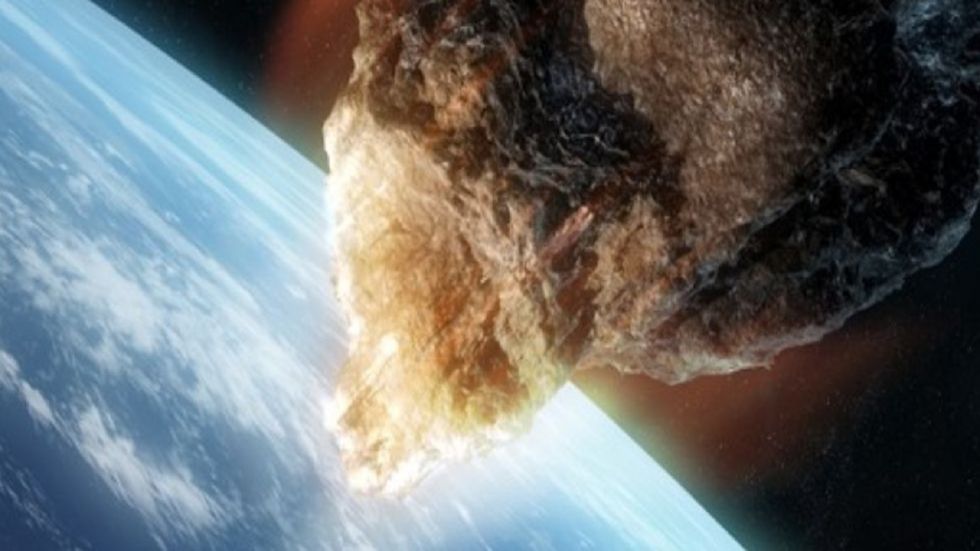
Leonard explained that NASA doesn’t has capability yet to be able to do detections and certainly in the day sky. (Photo Credit: File)
Asteroids are small, rocky objects that move towards the Earth due to the gravitational forces that affect them. There are more than 7 lakh asteroids that have been found in space. One of them entered the atmosphere above the city of Chelyabinsk, Russia in 2013 and the National Aeronautics and Space Administration failed to track its movement . The reason why NASA missed it was recently discussed by NASA’s ‘On a Mission’ podcast host Mullen and Professor Greg Leonard, a senior researcher at the NASA financed Catalina Sky Survey.
“Part of Greg’s urgency comes from a congressional mandate directing NASA to find most of the asteroids that are 140 m in size or greater by the year 2020, ”Leslie was quoted as saying by express.co.uk.
Explaining the reasons behind why NASA missed it, Professor Leonard said that it was very small and so it should be very close to our Earth in order to be detected.
“And it came out of the direction of the Sun, it’s like in a car when you’re driving on a freeway, the Earth has a blind spot, and the blind spot is looking into the Sun in our daytime sky , ”Leonard added.
Leonard explained that NASA doesn’t has capability yet to be able to do detections and certainly in the day sky.
“It was 20 m, that’s small compared to what we’re looking for, and that produced a large shock wave in the upper atmosphere. It was a pretty serious event, ”he said.
First Published:Wednesday, October 09, 2019 10: 55 PM







GIPHY App Key not set. Please check settings